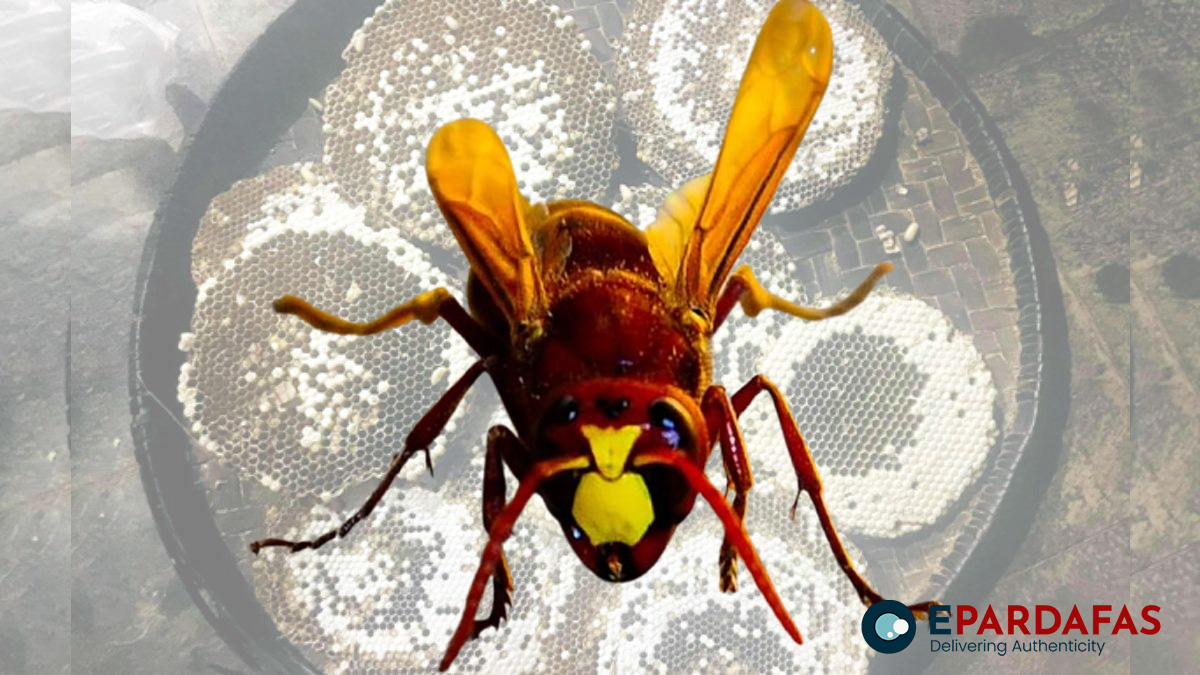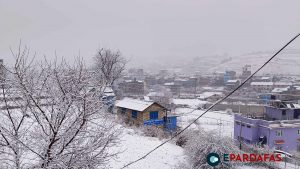
The Vital Role of Hornets: Balancing Ecosystems and Threats from Human Activity

Hornets, often misunderstood due to their venomous sting, play a critical role in pollination and maintaining ecological balance. Despite their importance, these insects are increasingly threatened by human activity, particularly as their grubs are harvested for consumption, valued for their nutritional benefits. In recent years, hornets have become a unique ingredient in various dishes served at hotels and restaurants, further driving their hunting.
Hornet Hunting: A Risky Tradition
In rural areas, hunting hornets has become not only a source of income but also a celebrated act of bravery. Locals venture into forests, often risking their lives, to harvest these insects. While hornet hunting is considered courageous, environmentalists and ecologists are raising alarms over the impact on the ecosystem. Hornets, known as nature’s cleaners, help prevent diseases and control harmful insect populations.
Dr. Indra Prasad Subedi, a lecturer at the Central Department of Botany at Tribhuvan University, emphasizes that hornets, along with wasps, are vital for preventing vector-borne diseases in plants. “Their contribution to the ecosystem is significant, and unchecked hunting could lead to their extinction,” Subedi warns. He notes that the hornet’s defensive nature often leads to negative perceptions, as they sting humans when threatened. However, these insects are vital to pollination, particularly in tall trees and high cliffs inaccessible to bees.
Ecological and Legal Concerns
Komal Raj Kafle, Chief of the Forest Division Office in Kaski, highlights that hunting hornets without permission is illegal under Nepal’s National Parks and Wildlife Conservation Act of 2029 BS. The recent reports of restaurants in Myagdi serving hornet dishes have prompted local authorities to raise public awareness about the ecological impact of such practices. Rather than immediately pursuing legal action, the focus has been on educating people about the consequences of disrupting the natural balance.
Kafle also points out that hornets, which create hives in tall trees and cliffs, are significant pollinators. “Without pollination, plants would fail to bear fruits, which directly affects the food cycle,” he says. Moreover, a single hornet hive can consume over 3,000 mosquitoes and harmful insects, making them a key player in controlling pests. Despite their aggressive defense mechanisms, hornets are crucial to environmental conservation.
Threats to Hornet Populations
With 11 species of hornet found in Nepal, their numbers are dwindling due to increased hunting and habitat destruction. Prem Lamichhane, a central member of the Federation of Community Forest Users’ Group, observes that hornet hives are becoming rarer in forests. He acknowledges that eating roasted hornets is part of a traditional food culture in some areas, but stresses the need to balance cultural practices with environmental preservation.
Hornets, like other pollinators, are essential to the production of food and the stability of ecosystems. Their lifecycle—from egg to larvae, pupa, and finally adult—is intricately linked to their environment. In some countries, such as China, hornet farming has been introduced as a way to manage and protect their populations.
Conservation: A Call to Action
Experts like Dr. Subedi and Kafle urge the public to avoid disturbing hornet habitats, as their sting can be fatal. Medical studies suggest that 25 percent of hornet sting injuries are life-threatening due to the venom they inject. However, these insects are not inherently aggressive unless provoked.
With their ability to control pest populations, contribute to pollination, and maintain the natural balance, hornets are indispensable to the health of ecosystems. Conservation efforts must focus on curbing haphazard hunting practices and raising awareness about the insect’s ecological significance. Protecting hornet populations is not just about preserving an insect species—it’s about safeguarding the delicate balance that supports life on Earth.
Ram Thapa/RSS












Comments